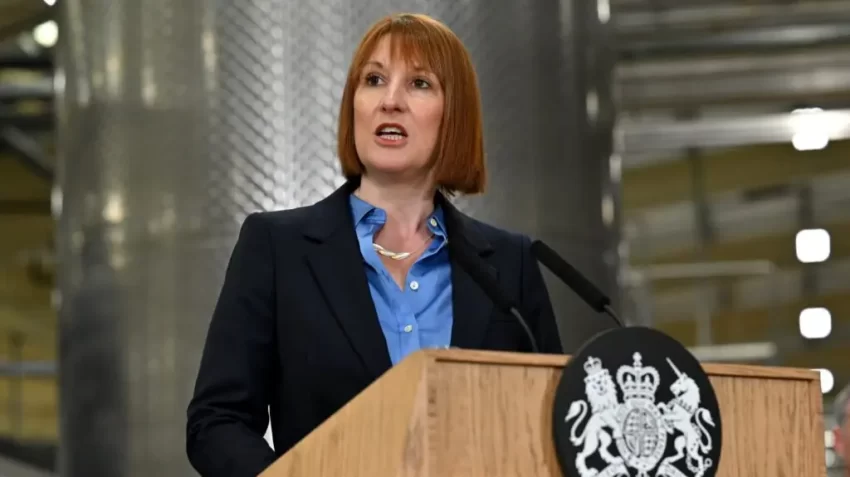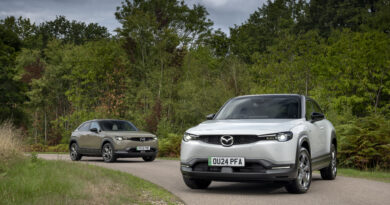Budget 2024: What Rachel Reeves’ statement means for electric vehicles
Chancellor Rachel Reeves has announced her first Budget, including a number of measures that directly affect buyers and drivers of electric cars.
In her statement, the Chancellor said the government was committed to increasing EV uptake across the country.
She told the House of Commons: “To help drive the transition to electric vehicles the government is strengthening incentives to purchase EVs by widening the differentials in Vehicle Excise Duty First Year Rates between EVs and hybrids or internal combustion engine cars.”
However, rather than offering any hoped-for new incentives for EV buyers, the Budget effectively simply disincentivises any other type of car.
Vehicle excise duty
As previously announced, from next April, EVs will be liable for VED but will be charged a first-year rate of just £10. In her speech, the Chancellor confirmed that the first-year rate will be maintained until at least 2029-30. In contrast, first-year rates for any car that emits CO2 will jump. Hybrids will go from £10 to £110 in their first year, while pure ICE cars will be subject to a £130 year first charge.
Other good news for new EV buyers is that the Chancellor is considering moving the threshold for the ‘luxury car tax’. Officially known as the Expensive Car Supplement, this applies an additional £410 per year VED levy for five years on any car with a list price over £40,000. Until now, EVs have been exempt but are due to become liable for the ECS from April 2025.
With the average EV costing £48,000, according to Auto Trader data, that could put drivers off making the switch. Reeves said that the government recognised this disproportionate impact and would consider raising the threshold at a future fiscal event “to make it easier to buy electric cars”.
Company car tax
The Chancellor also confirmed company car tax rates from 2028-2030. Business users driving a zero-emissions vehicle currently pay 2% benefit in kind tax, a figure which is due to rise by 1% each year until 2028. For the financial years 2028-29 and 2029-30, it will increase by 2% per year, reaching 9% in 2029-30.
That compares with a minimum of 19% for hybrid vehicles with emissions below 51g/km, and up to 39% for any car emitting more than 170g/km of CO2 by 2029-30.
Commercial vehicle grants
The Budget included the provision of £120 million in 2025-26 for the plug-in van grant and to support the manufacture of wheelchair-accessible EVs.
The grant currently offers businesses between £2,500 and £5,000 off the price of a small or large van with CO2 emissions under 50g/km and with an all-electric range of at least 60 miles.
Infrastructure funding
As part of the effort to encourage EV uptake, the government is investing another £200 million in charging infrastructure. The money will be made available in 2025-26 to support the installation of more public charging in England, including providing funds to local councils to install on-street chargers through the LEVI fund.
The government is also extending the 100% First Year Allowances for businesses investing in zero emission cars and EV chargepoints for a further year.






